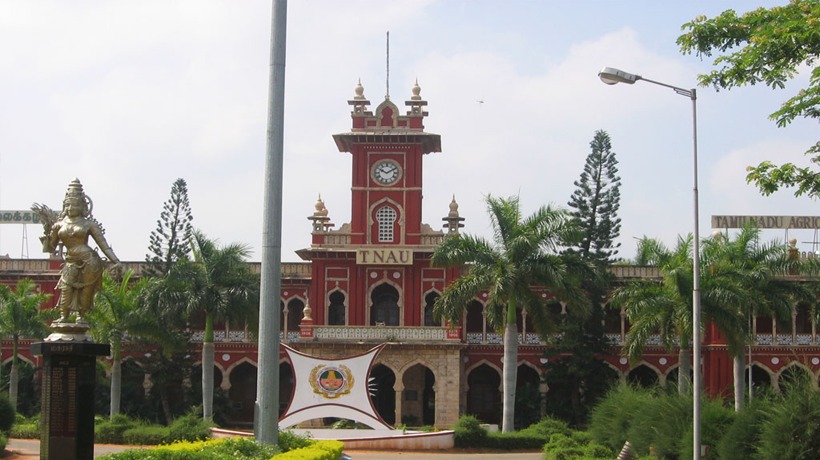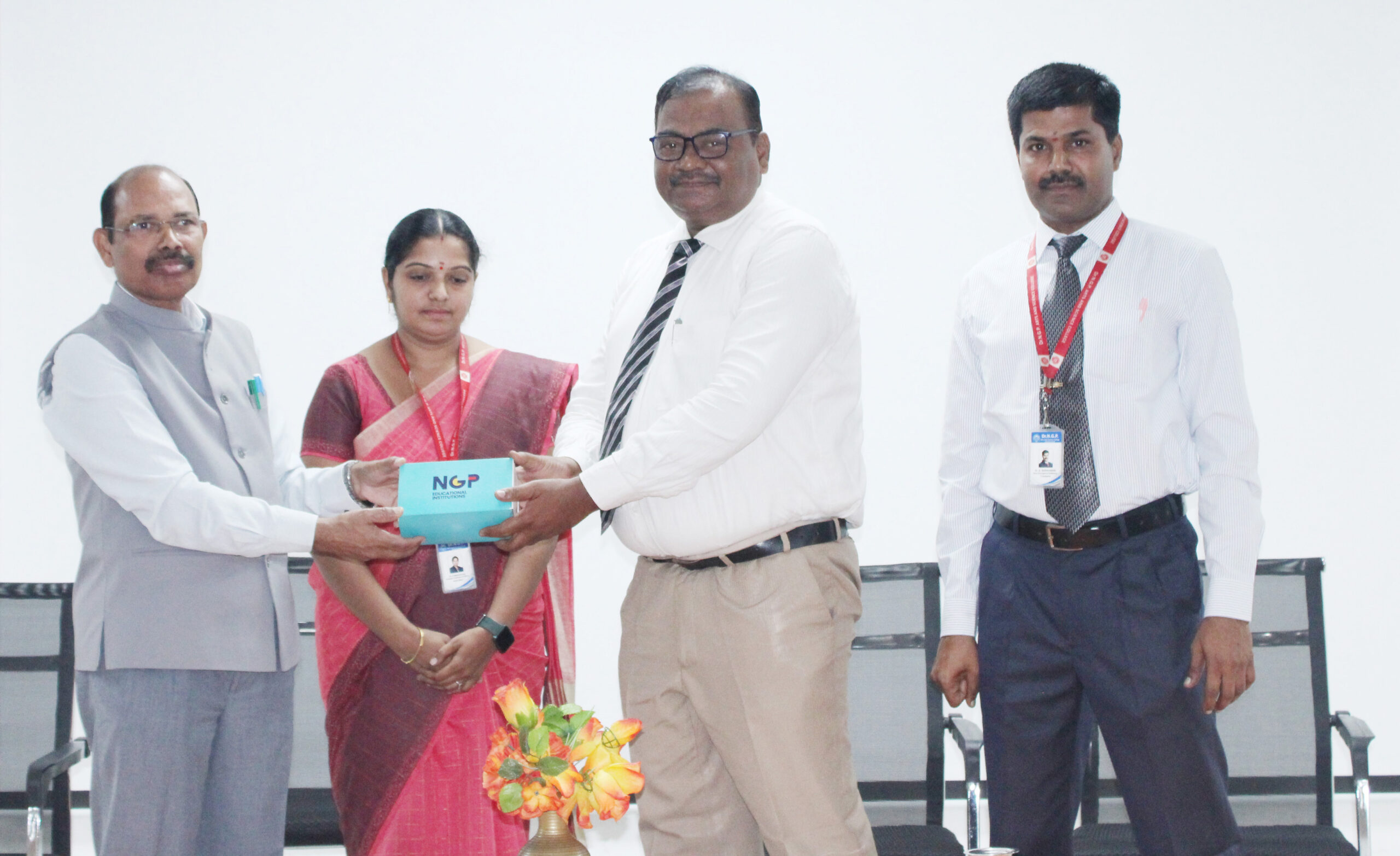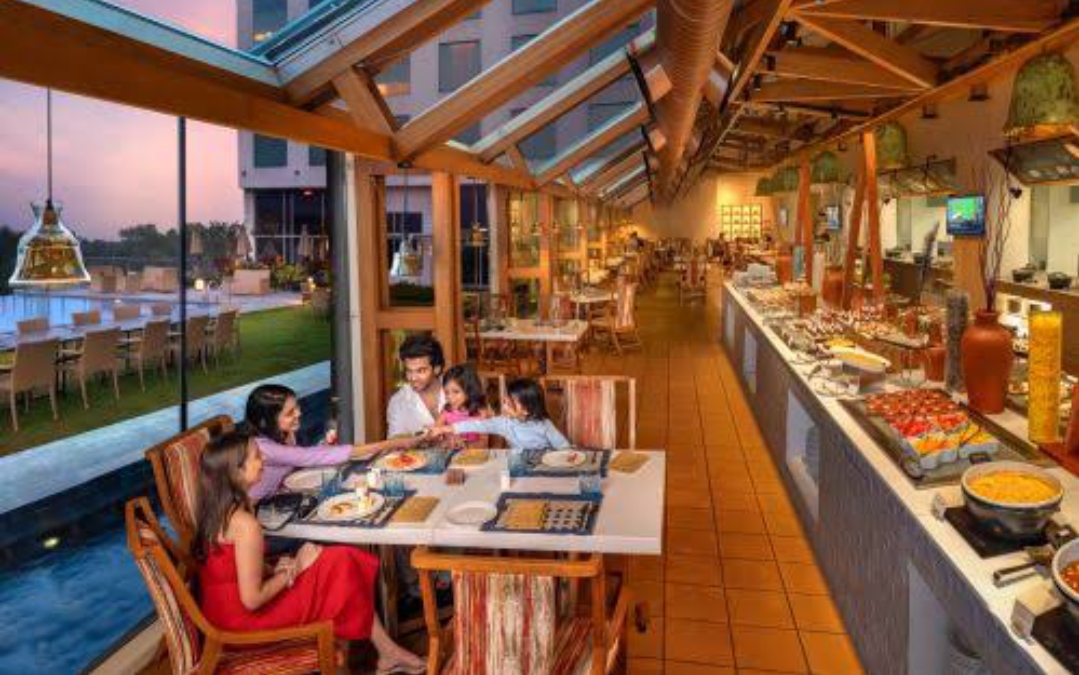Trending Now
- IPL 2024 begins with a bang. First contest between CSK and RCB.
- Election commission allots mike symbol to Naam Thamizhar Katchi
- AIADMK promises to urge for AIIMS in Coimbatore, in its election manifesto.
- Ponmudi becomes higher education minister.
Coimbatore
TNAU, Queen’s varsity networks on Food Security, Biodiversity, Climate Change
![]() March 19, 2019
March 19, 2019
Coimbatore: A three day Networking workshop on “Balancing Climate, Bio-diversity & Food security – Towards a Global Alliance” is in progress at Tamil Nadu Agricultural University (TNAU) in association with Queen’s university, England and Global Challenges Research Fund (GCRF).
Speaking at the inaugural yesterday, Dr. Deepak Kumaresan of Queen’s University, highlighted the importance of Network workshop and emphasized that addressing such key environmental issues is necessary as around 40 million migration is expected in the near future due to these issues.
In his presidential address, TNAU Vice chancellor Dr N Kumar stressed that food and nutritional security, impacts on biodiversity and climate are crucial interlinked platforms that need a strong network between countries and Institutions, a TNAU release said Tuesday.
While expressing satisfaction over achievements in food grain production and increasing nutritional security by way of increased horticultural production, he said that the other two areas need more attention.
TNAU has initiated studies on the physiological changes occurring in crop plants due to increase in temperature up to 4 to 5 degree, he said and recalled that technologies evolved by the Environmental Sciences Department of TNAU helped combat straw burning issues in Punjab and Haryana.
Former TNAU Vice chancellor and environmental scientist, K Ramasamy highlighted the transformation of India’s ancient pollution management wisdom into novel technologies. With 40-75 liters of wastewater generated for every kg of industrial products, nano-filtration remained a viable technology for reuse of such waters, he said.
The workshop, to be concluded tomorrow, is attended by 80 delegates from Ireland, Bangladesh, England, Guyana, Brazil, District environmental engineers, Scientists from Indian Rice Research Institute, Central Leather Research Institute, Indian Council of Agricultural Research, Salim Ali Centre of Ornithology, entrepreneurs from industries and Scientists from TNAU, it said.























